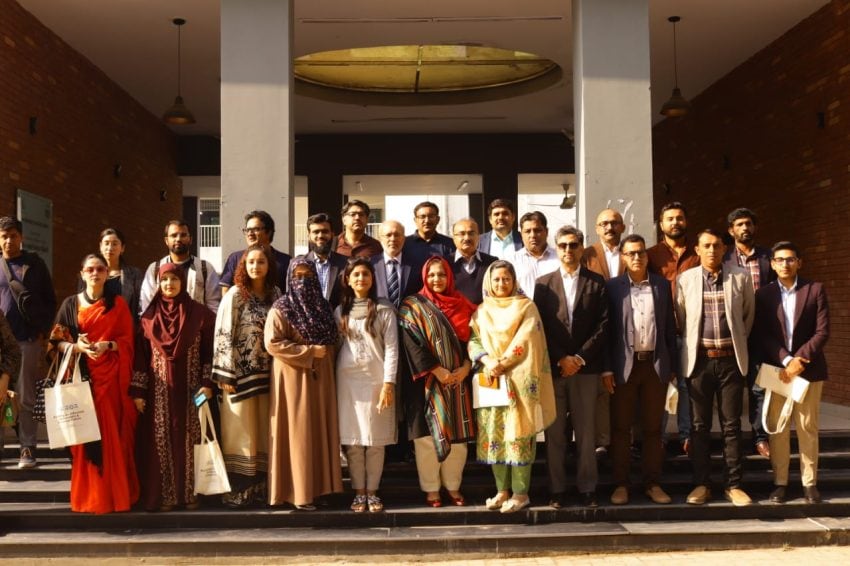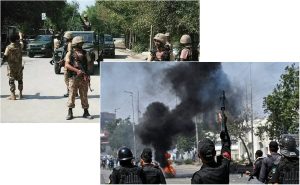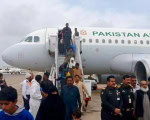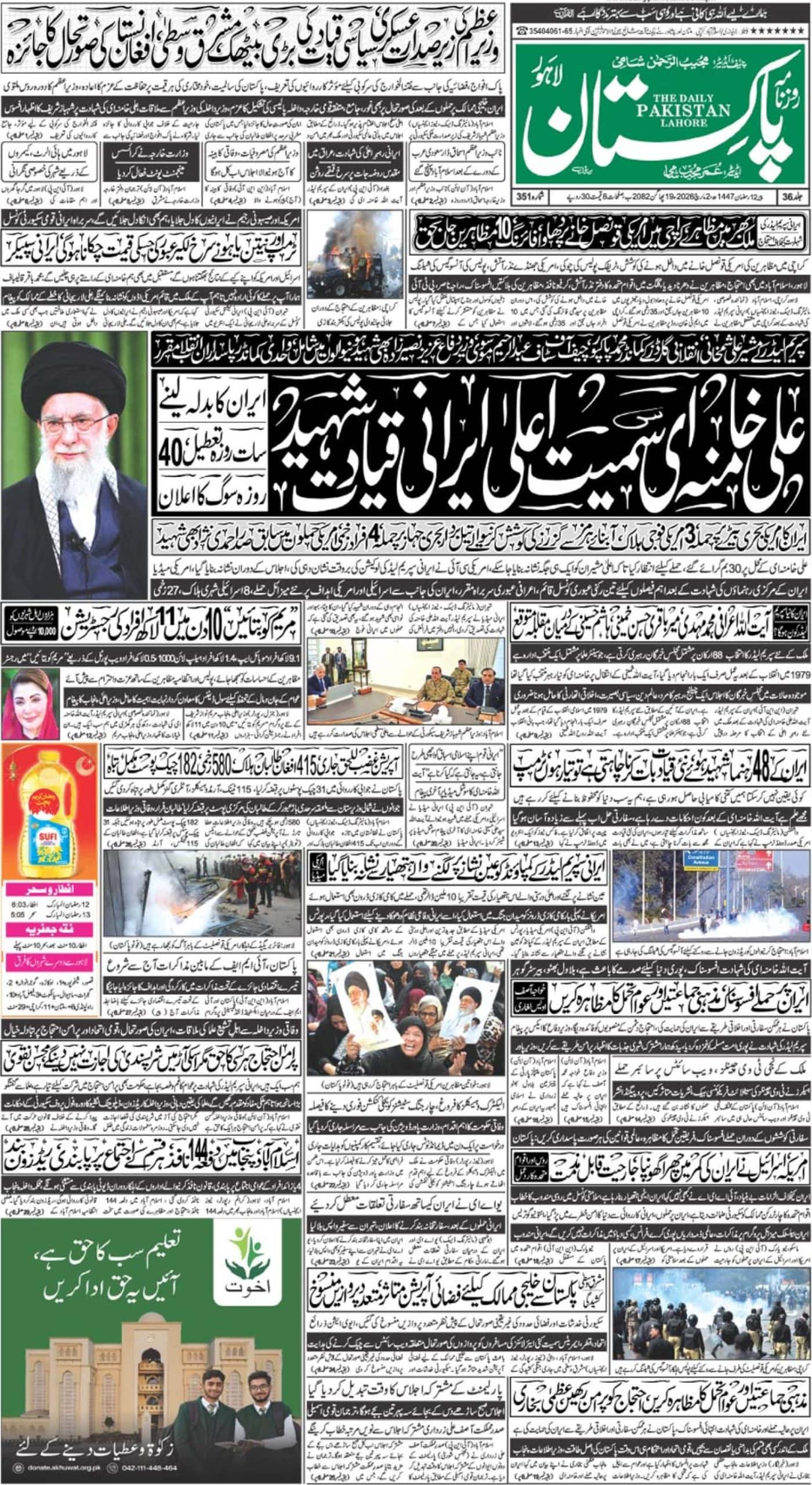LAHORE – A national network aimed at strengthening science communication and promoting scientific literacy across Pakistan has been launched following a multi-stakeholder consultation held at the Department of Digital Media, University of the Punjab.
The Pakistan Network for Science Communication (PNSC) was announced after the unveiling of a comprehensive study titled “Information Integrity, Rationalist Media and Public Interest Discourse: Mapping and Analysing Science Communication and Science Journalism Practices in Pakistan.” The report was authored by Dr Shafiq Ahmed Kamboh and Adnan Rehmat, with technical support from International Media Support (IMS) and its partner, the Institute for Research, Advocacy and Development (IRADA).
The study highlights significant gaps in research, advocacy, and capacity within Pakistan’s science communication landscape, warning that weak public engagement with science continues to hinder evidence-based policymaking and informed civic discourse. It notes that despite growing scientific output, Pakistan risks losing development opportunities without major reforms in communication practices.
Acting on the report’s recommendations, the newly formed network aims to bring together academia, media, scientific institutions, policymakers and civil society to address systemic shortcomings in science journalism and public communication of research.
According to the announcement, the PNSC will work to institutionalise science communication as a professional priority, improve both the quality and quantity of science content, counter misinformation, and build resilience against information disorder. It also aims to empower journalists and content creators by providing better access to scientific expertise and locally grounded stories.
The Network will be digitally hosted by Mediastan, which will support outreach, research, advocacy and capacity-building initiatives. IMS is facilitating the effort.
“Science communication in Pakistan remains largely ceremonial. Unless universities and science organisations translate their research into public knowledge, scientific work will stay confined to laboratories instead of contributing to public awareness and policymaking,” said Dr Kamboh.
Co-author Adnan Rehmat noted that collaboration between scientists, communicators and journalists is essential for strengthening information integrity and fostering informed debate. “When these communities work together, evidence guides public discourse,” he said.
Dr Savera Shami, head of the Digital Media Department, said the network would help highlight indigenous scientific scholarship that often goes unnoticed in mainstream media.
Stakeholders at the consultation stressed that as Pakistan’s scientific community expands and technology plays an increasingly central role, coordinated action is crucial. Without such collaboration, they warned, science communication will remain fragmented and ineffective. The PNSC, they said, offers a much-needed platform to bridge gaps, promote collaboration and ensure that science journalism serves the public interest and supports national development.













